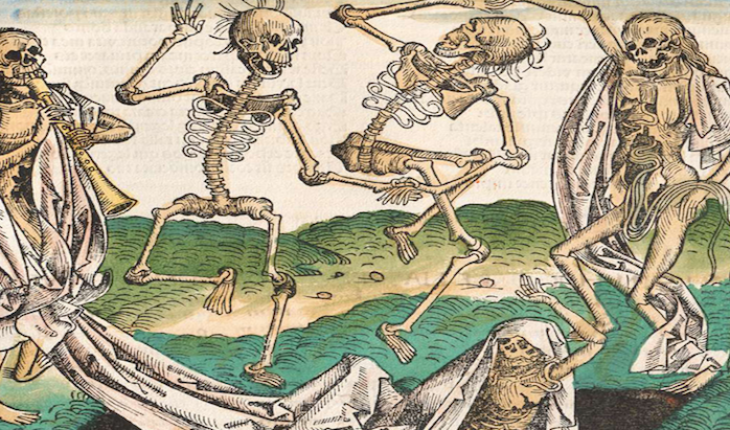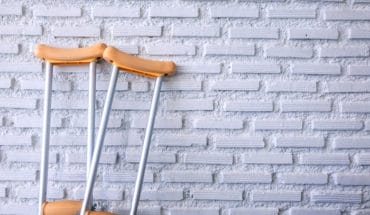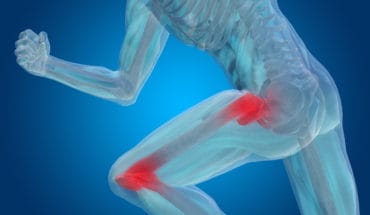Broken bones can have a devastating impact on people’s lives. A team of researchers at the Medical Research Council Lifecourse Epidemiology Unit, University of Southampton, led by me and Dr Elizabeth Curtis, Academic Clinical Fellow in Rheumatology have discovered that ethnicity, socioeconomic status and place of residence in the UK all influence the risk of breaking a bone. Together we undertook an analysis of the UK Clinical Practice Research Datalink database and calculated the risk of an individual experiencing a fracture. We also examined whether this risk varied according to age, sex, ethnicity, socioeconomic status and place of residence in the UK. Our study has provided insights into factors that may influence fracture rates across different sections of the population. Further work will be needed to fully understand what underlies these differences, for example variations in diet, lifestyle, body build, employment and genetic factors may all contribute.
We found that there were marked differences in fracture rates according to where individuals lived, with the highest fracture rates in Scotland and Northern Ireland, where rates were around 50 per cent greater than those in London. In men, fracture rates were noticeably greater in areas of socioeconomic deprivation, possibly reflecting greater exposure to trauma through manual work, together with potentially greater rates of smoking and other adverse lifestyle factors. They also found that white men and women had substantially greater fracture rates than Asian individuals. Black had the lowest fracture rates – under half the rates in white individuals. Overall fracture rate was higher for women over the age of 50 years old (155 per 10,000 persons per year compared to men over the age of 50 (72 per 10,000 persons per year).
The study covers approximately 7 per cent of the UK population and uses routinely collected data from participated GP practices. A total of 196,570 men aged 18 years or older sustained one or more fractures over 23,285,904 person-years of follow-up, compared with 263,592 women aged 18 years or older over 26,342,685 person-years of follow-up. (A person-year is the follow up time of one person for 1 year or 2 people for half a year etc, and we use this method rather total number of people because different individuals are in the database for different periods of time.)
Our study has provided insights into factors that may influence fracture rates across different sections of the population. Further work will be needed to fully understand what underlies these differences, for example variations in diet, lifestyle, body build, employment and genetic factors may all contribute.
There are ethnic differences in bone density, structure and size, such that black men/women tend to have larger denser bones than do whites/Asians, and this is likely to be the reason for the lower fracture risk. The lower risk in Asians than whites is not really explained so easily by differences in bone density and size, and is possible that exposure to trauma is lower in this population in the UK, but further work is needed to explain these differences.
However, our demonstration of differences in fracture rates by ethnicity, socioeconomic status and location will clearly be helpful in targeting health resources to those at greatest risk. Given the high rates of fracture, particularly in the elderly, and the impact in terms of pain, immobility and potentially reduced survival, our findings provide real support for health prevention strategies. It is important to have the right services and staffing in place to systematically identify those at high risk of breaking bones, assess them for osteoporosis and start them on treatment.
This study was funded by the National Osteoporosis Society, Medical Research Council and by the NIHR and published in the Journal Bone.
- Calcium and Vitamin D supplements don’t increase risk of CVD - 26th February 2018
- Risk of breaking a bone depends on where you live - 6th April 2016







